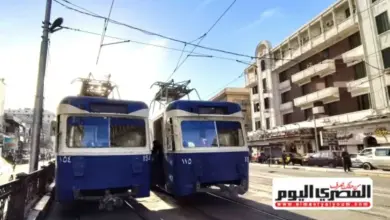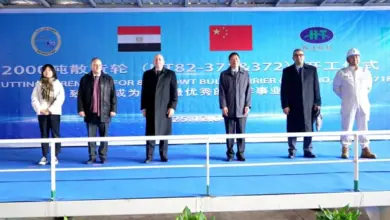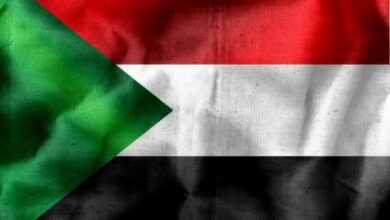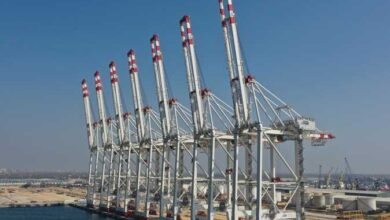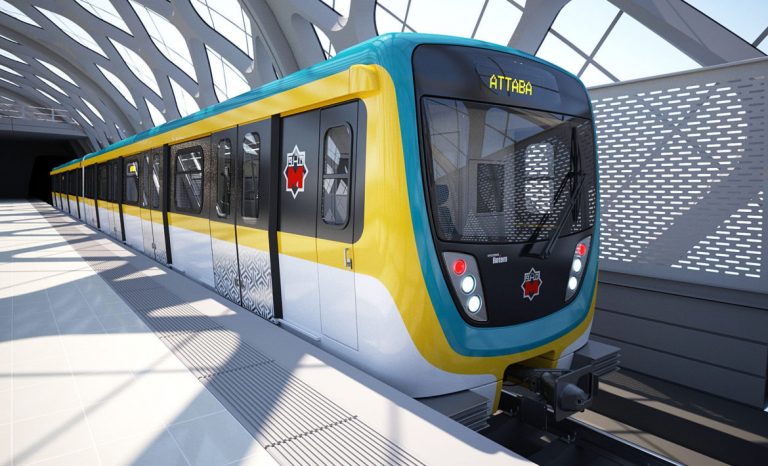
The Egyptian Ministry of Transport has announced the commencement of passenger trial operation for the third segment of Phase 3 of Metro Line 3 (3C), starting from Wednesday, May 15.
This segment is 7.1 kilometers long and extends from El-Tawfikia Station to Cairo University, passing through Wadi El-Nil Street, the Arab League University, and Boulaq El-Dakrour. It includes five stations: three underground stations (El-Tawfikia, Wadi El-Nil, and Arab League University), one surface station (Boulaq El-Dakrour), and one elevated station (Cairo University).
The Ministry stated that the successful completion of the non-passenger trial operation phase for this segment included testing all systems such as lighting, air conditioning, ventilation, fire fighting, and others to ensure their functionality and complete integration. Additionally, trains were operated for dynamic testing to ensure the safety and security of all project components.
With the commencement of passenger trial operation for this final segment of Line 3, the entire line has been opened to the public. The line runs from Adly Mansour Central Interchange Station, passing through Kit Kat and branching north to Rod El-Farag Axis and south to Cairo University.
The line extends for 41.2 kilometers and includes 34 stations. It was implemented in four phases and is considered the first cross-city artery to connect East and West Greater Cairo.
Line 3 serves as a link between all components of the electric rail transport network (Metro network, monorail lines, light rail transit).
It interchanges passenger services with Line 1 at Nasser Station, Line 2 at Al-Attaba and Cairo University stations, and the light rail transit at Adly Mansour Central Station. It also integrates with the East Nile Monorail at El-Stadio Station, the West Nile Monorail at Wadi El-Nil Station, and the planned Line 6 at Abbassiya Station. The line also includes three maintenance workshops for the rolling stock operating on the line: Abbassiya (on an area of 10 acres), Imbaba (on an area of approximately 24 acres where light maintenance for trains is carried out), and Salam (which is considered one of the largest workshops in the Middle East and Africa and was implemented on an area of 65 acres and is dedicated to light and heavy maintenance for trains).

